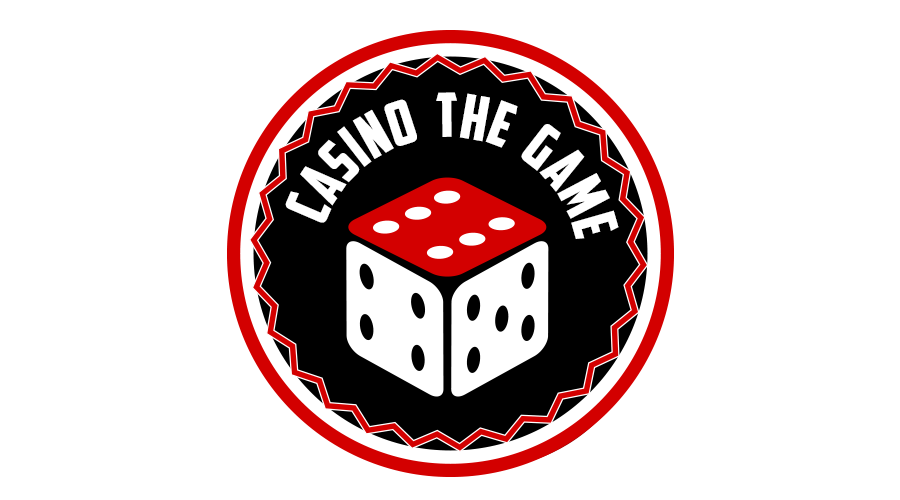Productivity is the currency of the digital age. We’re told to optimize our mornings, stack habits, and squeeze every ounce of value from the hours between waking and sleeping. Efficiency has become a virtue. But so many of us are silently burning out from it.
We’re not short on goals. We’re short on breath.
In this constant hustle, tiny moments of play—spontaneous, bite-sized, joy-driven interruptions—are quietly proving to be more essential than we realize. These aren’t grand vacations or weekend retreats. These are the micro-moments. Five minutes of laughter. Two minutes of distraction. Ten seconds of something delightful.
And increasingly, people are turning to quick, casual digital experiences to find that pause. From mini games to daily puzzles, and even something as simple as spinning through online slots, it’s about escape in the smallest dose. Just enough to reset your mind before diving back in.
The Attention Economy’s Effect on the Human Brain
Let’s be honest: our attention is under siege. From smart watches buzzing every hour to endless social feeds, most people toggle between apps more than they switch actual tasks. We’re fragmented. Overstimulated. Overcommitted.
Studies now show that the average adult’s attention span has shrunk significantly in the past two decades. But rather than fight to reclaim the long stretches of focus we once had, there’s another, more accessible strategy: embrace the pause.
Play, even in short form, acts as a counterweight to the stress loop. It lets the brain rest, shift gears, and return to tasks with more clarity. That’s why tiny doses of fun—quick games, trivia breaks, mindless swiping—aren’t time-wasters. They’re micro-recovery tools.
Redefining ‘Wasting Time’
There’s a subtle shame tied to doing something that feels pointless. But the truth is, not all activities need to have an outcome. Not every moment has to be “productive.” The pressure to make everything matter is part of what’s wearing people down.
What if the point of fun is… just to feel good?
Imagine this: you’re in between meetings. You’ve got 12 minutes before your next video call. You could scroll through emails. You could recheck your calendar for the third time. Or you could take that moment to reset—watch a silly video, chat with a friend, or play something that doesn’t ask anything of you. Even casual games like online slots offer that brief change of pace. There’s nothing to solve. No skills to master. Just a tiny distraction that pulls your brain out of its loop.
That’s not wasted time. That’s sanity.
The Science of Tiny Joy
Neuroscientists call it “reward prediction error.” It’s the moment your brain gets a little dopamine hit from something unexpected—winning a round, hearing a satisfying sound effect, getting a random bonus. These microbursts of pleasure don’t just feel good. They serve a function.
They improve your mood. Increase motivation. Help regulate stress responses.
You’ve likely felt it without naming it. The quick satisfaction of finishing a Wordle. The tiny thrill of a match-three game. The smile when a virtual wheel lands just right.
These aren’t addictions. These are breathing spaces. The same way people used to doodle in notebooks or play with paperclips during phone calls, we now swipe, click, or tap. It’s less about the game itself, and more about the momentary relief from pressure.
Micro-Play as Mental Hygiene
Just as we’re learning to stretch, hydrate, and meditate for physical and emotional health, integrating micro-play into daily life might be the next smart habit. And it doesn’t need a 10-step plan.
It’s about giving yourself permission to break routine—even briefly. A few minutes of mental detour can make the difference between burnout and balance.
Online platforms have evolved to meet that need. They’re fast-loading, easy to access, and designed for low commitment. That’s why games like online slots remain popular—not because everyone’s chasing a win, but because they offer a break that doesn’t require planning, performance, or productivity.
From Guilt to Gratitude
It’s time we reframe how we view our relationship with rest. Not every break needs to be quiet. Not all self-care looks like yoga or digital detoxes. Sometimes, it looks like spinning a reel. Watching colors blur. Hearing a satisfying click. Letting go—if only for 90 seconds.
The important thing is to recognize what fuels your battery. For some, that’s music. For others, it’s daydreaming. For many, it’s light interaction with something playful, rhythmic, or sensory. There’s no one-size-fits-all.
If five minutes of fun helps you handle five more hours of focus, then it’s worth it. No guilt necessary.
Final Thoughts
Our brains weren’t built to be hyper-efficient all day. They need rhythm. Breaks. Release. As we continue to optimize our lives, it’s easy to forget that we’re not machines—we’re humans. And humans need levity.
So the next time you catch yourself feeling overloaded, don’t reach for a bigger to-do list. Try something small. Something pointless. Something that just makes you smile.
It might be a quick walk, a funny meme, or a spin through your favorite online slots platform. Whatever form it takes, give yourself the grace to enjoy it. You don’t need a reason.
Sometimes, a moment of joy is reason enough.

